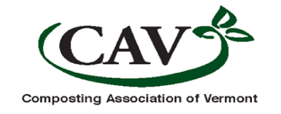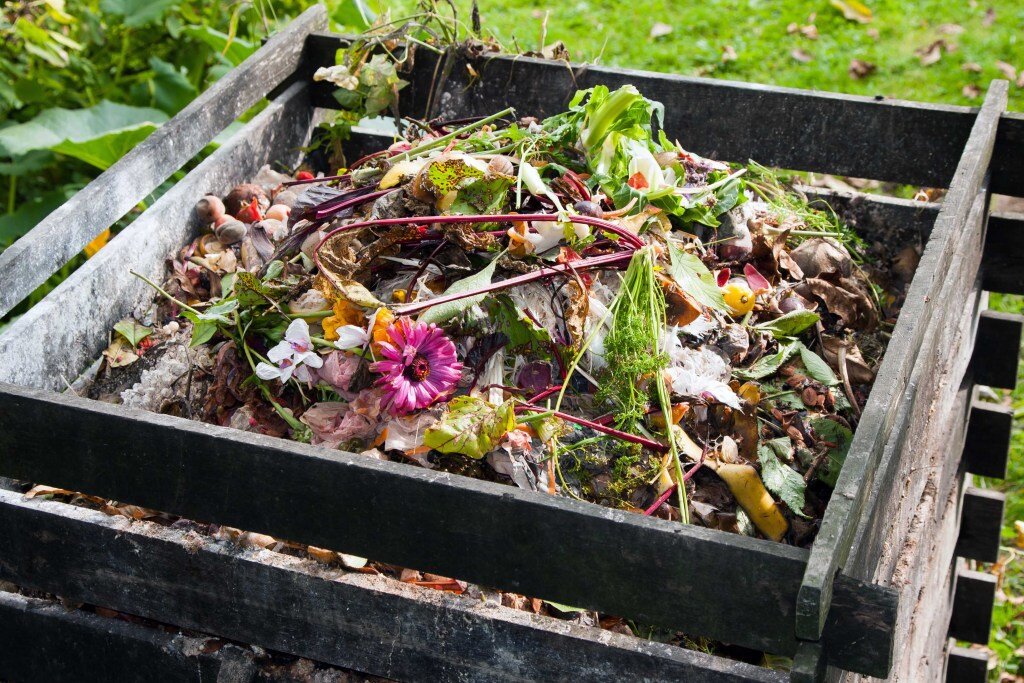Composting Tips from Cabot Creamery
/Guest blogger Ali Drew
The Fosters of Middlebury, Vermont have built one of the Northeast’s larger manure-based compost companies. The Fosters are one of the many Cabot farm families that produce compost on their farms to sell to community members.
Bob Foster, a Board Member here at CAV, is very proud of his family’s sustainability efforts. Foster explains what compost means to him, “The whole concept is to close the loop. I enjoy the thought that we are converting solar energy into food, fiber and energy to nourish animals, plants, and people.”
Why compost?
40% of the food produced globally is wasted. This is a waste of food, money, natural and human resources as well as valuable landfill space. Composting is a way to do your part to reduce food waste.
Cabot describes 4 different composting styles. Which category does your compost system fall into?
Minimalist Composter: Pile in the yard compost
DIY Composter Enclosed Bins: Homemade open compost bins
Hands-Off Composter: Enclosed compost bin
Action Composter: Tumbler or spinning compost bin
Remember:
Carbon is key! “Brown” materials keep your compost from just being a pile of rotten food. Adding carbon to your compost ensures that your compost doesn’t have too much moisture. If your compost has too much moisture, it can attract animals and is often smelly.



